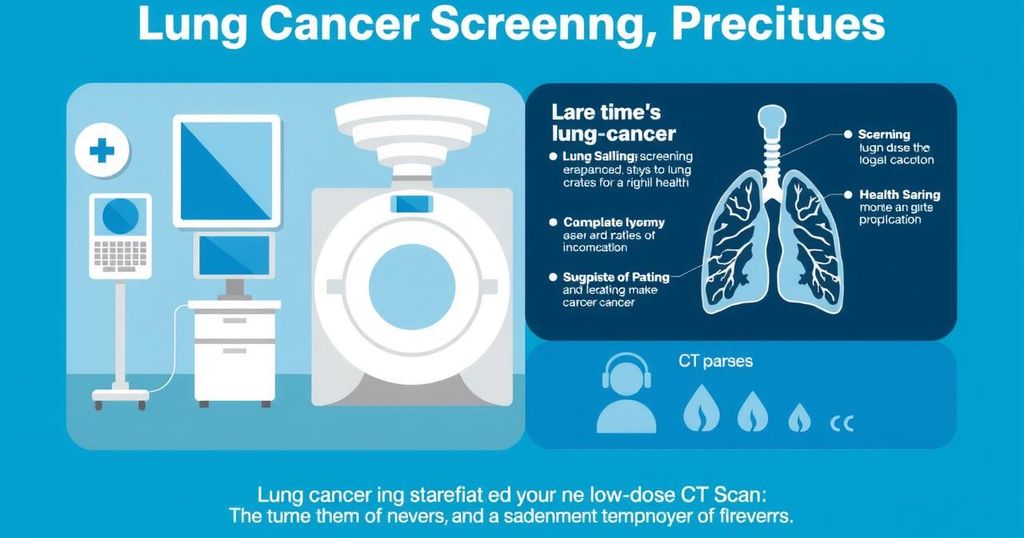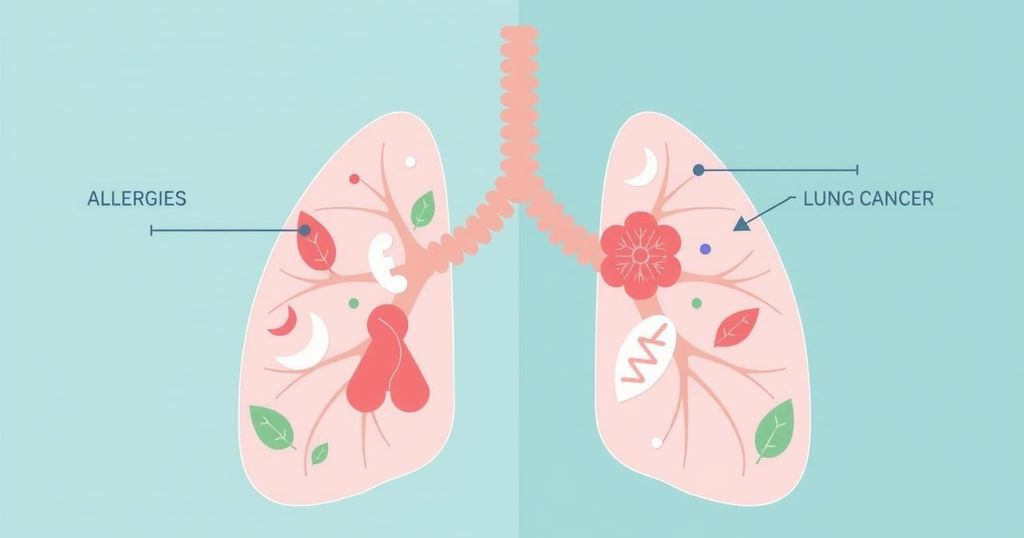Pencegahan Kanker
ANTONIO WOLFF, CANCER PREVENTION, CLINICAL TRIALS, DISEASE PREVENTION, HPV VACCINE, IAN KROP, JOHNS HOPKINS KIMMEL COMPREHENSIVE CANCER CENTER, LISA CAREY, MARILYN JACOBS, MEDICINE, NAIM RASHID, NATIONAL CANCER INSTITUTE, ONCOLOGY, PREYER DISTINGUISHED PROFESSOR FOR BREAST CANCER RESEARCH, TRANSLATIONAL BREAST CANCER RESEARCH CONSORTIUM
Aiden Caldwell
0 Comments
Studi Kanker Payudara Metastatik Terima Dana Hingga $28 Juta
UNC Lineberger Comprehensive Cancer Center receives $28 million to lead a cutting-edge clinical trial for metastatic breast cancer. The trial aims to personalize treatment via real-time analysis of changes in each patient’s cancer. Titled EVOLVE, the study incorporates 14 institutions from the Translational Breast Cancer Research Consortium, with the lead investigator being Dr. Lisa Carey. This initiative is part of a larger federal program focused on advancing cancer therapies.
UNC Lineberger Comprehensive Cancer Center is set to receive a substantial funding boost, worth as much as $28 million, from the Advanced Research Projects Agency for Health. This grant aims to spearhead an innovative clinical trial specifically for metastatic breast cancer, which involves cancer that has spread throughout the body. The trial intends to personalize treatment plans almost in real time by analyzing the dynamic changes in each patient’s cancer.
Known as the Evolutionary Clinical Trial for Novel Biomarker-Driven Therapies, or EVOLVE, this project will incorporate the collaborative efforts of UNC Lineberger and 14 other institutions associated with the Translational Breast Cancer Research Consortium. This consortium is a coalition of investigators from various National Cancer Institute-designated cancer centers striving to expedite lab breakthroughs into actual treatment options.
Leading the research is Dr. Lisa Carey, who holds the title of L. Richardson and Marilyn Jacobs Preyer Distinguished Professor of Breast Cancer Research at UNC. Also, she serves as the deputy director for clinical sciences at the institution. Dr. Carey points out the necessity of this research, stating, “Despite progress in treating breast cancer during the past 30 years, we still lack curative therapies for metastatic disease.” She highlights how EVOLVE adopts a more adaptive methodology by utilizing real-time data on biomarkers to customize treatments as needed.
The study plans to enroll about 700 patients suffering from metastatic breast cancer. To monitor the evolution of each patient’s cancer, researchers will analyze tumor biopsies, blood samples, detailed imaging, and patient medical histories. Furthermore, tracking circulating tumor DNA found in the blood will help researchers spot early signs of treatment resistance and adjust therapies accordingly.
This initiative is part of the federal agency’s more extensive $142 million initiative called the Advanced Analysis for Precision Cancer Therapy (ADAPT) program, which aims to reshape individualized cancer treatments. ADAPT’s initial focus is on breast, lung, and colon cancers, backing a total of 10 projects that connect experts in biology and oncology to confront the complexities of treating metastatic cancers.
The program has three main objectives: to create tools enhancing the analysis of varied patient data, to model resistance to therapies, and to pinpoint biomarkers that predict how patients will respond to treatments. Additionally, the program seeks to formulate adaptive trials that can change as a cancer develops and to establish a platform for researchers and healthcare providers to share real-time data.
Dr. Carey emphasizes the importance of cementing predictive biomarkers for metastatic breast cancer and the need for meaningful integration of various data types — genomic, clinical, and imaging — throughout treatment. She asserts, “EVOLVE changes that.”
Metastatic breast cancer is notably aggressive and, as of now, remains incurable. Approximately 6-10% of all breast cancer patients are diagnosed with metastatic, Stage 4 disease, and it’s estimated that 15-20% of early-stage breast cancer cases eventually progress to this more severe form. Given that only about one in three patients with metastatic breast cancer live beyond five years, the demand for effective treatments is crucial.
Dr. Carey concludes, “Developing better treatments for metastatic breast cancer starts with understanding how the cancer evolves over time.” She believes the trial’s adaptive approach will allow for timely modifications to treatment in response to how patients react, ultimately seeking to improve their overall quality of life.
The UNC Lineberger Comprehensive Cancer Center’s new study represents a significant stride in combating metastatic breast cancer with its innovative, adaptive trial design. Funded with up to $28 million, the EVOLVE study aims to harness real-time biomarker data to personalize treatments, potentially transforming patient care. As this clinical trial unfolds, it hopes to address critical gaps in current breast cancer research, aiming to enhance predictive biomarkers and treatment responses.
Sumber Asli: sph.unc.edu




Post Comment